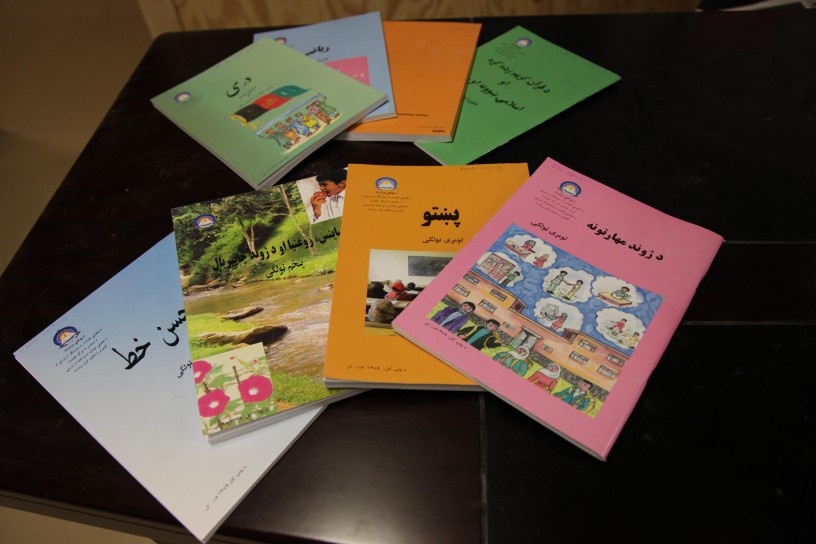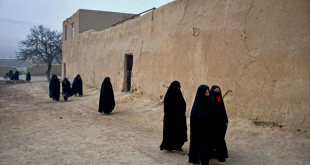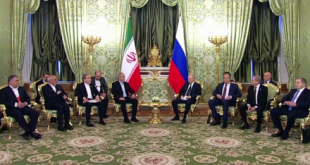Afghan education sector is under attack. However, the public policymakers did little to repel the attack and let the little angels to pursue their little dreams. Like their peers in Central and South Asian, Afghan boys and girls also want uninterrupted access to quality education. Some want to become doctors and engineers and some want to become teachers. However, their goal is same. They all want to serve their countrymen and put their share in the country’s development.
Now those who do not want to see developed and stable Afghanistan, they are targeting these children. The children are banned from going to schools in southern and eastern parts of the country. Teachers and students who are committed to pursue their dreams of educated Afghan society are targeted on regular basis. The second tactic that the anti-Afghanistan and anti-education elements have employed is the closure of schools. These elements do not hesitate from torching and attacking schools. On Monday, a mortar shell struck a primary school in Bak district of Khost province. Three schoolgirls were killed and eight others sustained injuries. The images of the little angels carried on stretchers left many shocked. Still there is no end to the story of their miseries. Enemies of the nation will continue to haunt them, especially the schoolgirls.
That is why the number of girls enrolled in schools had dropped to low-level in several areas of the country, especially in southern, eastern and southwestern provinces. Thousands of children are deprived of education in Nangarhar province because the Middle Eastern terrorist organizations, known as Daesh, had closed most of the schools in the areas home to their strongholds. Some of the schools were turned into training centers where children are trained as extremists. Around 58 schools were closed by Daesh, leaving a large number of children out of classrooms. There is no denying to this fact because it is an open secret. Status of literacy and condition of children in Helmand, Kandahar, Farah, Uruzgan, Kunar and Zabul province is not much difference from Nangarhar. According to UNICEF, about 40 percent children in Afghanistan are missing out on education. The UN agency says that education is “one of the least funded sectors” by humanitarian organizations.
Thus, the humanitarian agencies shall contribute more to strengthen the education sector and help Afghan children to pursue their dreams. Moreover, the security agencies should accelerate efforts to reopen the schools and make sure that no one deprives children of their fundamental right. Furthermore, the government should move heaven and earth to trace to arrest the anti-education elements and give them exemplary punishment, so in future no one could dare to deprive our children from the fundamental human and constitutional right. As uprising against anti-state elements had yielded positive results, therefore, the policymakers in the Presidential Palace should build and support uprising movements against anti-education forces. It is not only necessary to provide a ground to our children to pursue their dreams, but it is also imperative to have an educated and stable country that would never allow any window open to extremism and violence.
 Afghanistan Times
Afghanistan Times




